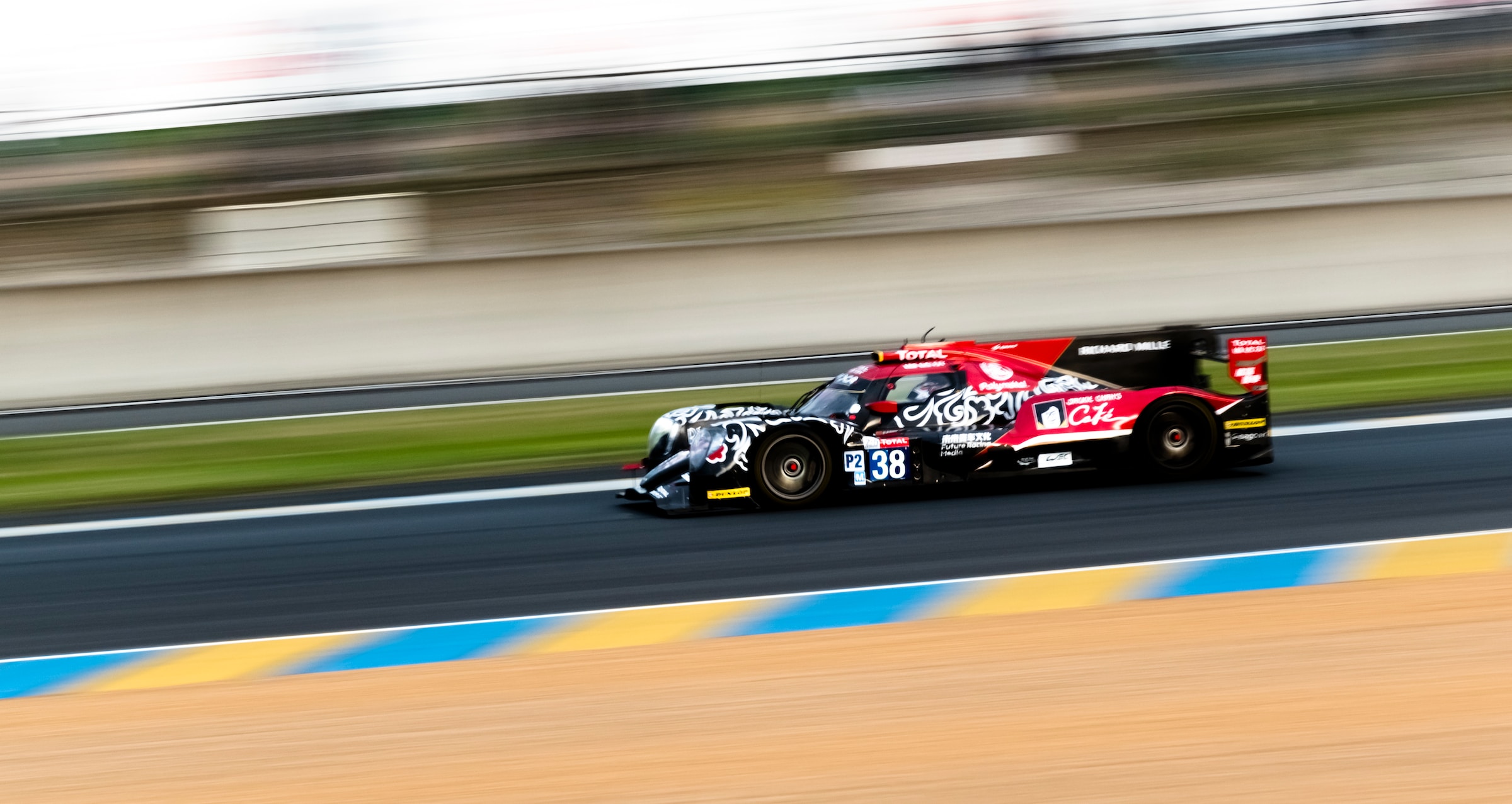How is Motorsport Providing a Proving Ground for Hydrogen?

In close collaboration with the FIA, the Automobile Club de l’Ouest (ACO) is working towards the creation of a class for hydrogen-powered prototypes at the 24 Hours of Le Mans in the next few years. How will this show the potential of hydrogen cars?
MissionH24 is a joint venture between the ACO and GreenGT and is working to pave the way for conducting research and development in areas such as safety, performance, and refuelling.
It has been leading hydrogen motorsport, racing against conventional combustion LMP3 and GT3 cars in the Le Mans Series. Its ADESS LMP30-based H24 made its race debut last year and evolved from the original LMPH2G that first appeared in practice sessions in 2019.
The ACO was founded in 1906, designs and organises world-leading car races and is also a club with more than 20,000 car and motorbike enthusiast members.
It began deploying its hydrogen strategy in 2018, with the aim of introducing a category dedicated to hydrogen at the 24 Hours of Le Mans and the rest of the FIA WEC.
With support from the FIA, the MissionH24 programme and its partners TotalEnergies, Michelin, Symbio, Plastic Omnium, Richard Mille, Dietsmann, and Essilor are working to turn ideas into reality. The goal of MissionH24 is to see the development on the level that people can’t distinguish between a hydrogen car and a classical car.
Hydrogen is a fuel that can’t be ignored by car manufacturers
The introduction of a hydrogen category has been pushed back a year for the second time and is now set for a 2026 debut.
Pierre Fillon, President of the ACO, explained that since 2018, the hydrogen ecosystem has been evolving and that the ACO is focusing on learning the technology by seeing it in practice: “We are exploring possibilities. And that is exactly the objective we set ourselves five years ago when we launched MissionH24.”
The fuel cell was initially chosen for its potential, which is still relevant. Today, the hydrogen internal combustion engine is also presented as a possibility for manufacturers.
Car manufacturers have been experimenting with hydrogen fuel cell technology for several years, and though progress has been made, there still needs to be more for us to see hydrogen-powered vehicles widely available.
To become more sustainable, hydrogen is a fuel that cannot be ignored. Hydrogen cars have clean tailpipe emissions as the only emissions are water, can refuel as quickly as a petrol or diesel car, can potentially have a longer range than current battery technology allows, and avoids the need for heavy and bulky batteries onboard.
The FIA has hydrogen in its long-term roadmap
Pierre continued to express that the 24 Hours Le Mans is the perfect opportunity to see the potential of hydrogen: “The 24 Hours of Le Mans regulations have always advocated freedom and variety. As such, we are officially announcing that both technologies, fuel cell and hydrogen internal combustion engine, will be accepted and authorised for manufacturers wishing to enter the 24 Hours of Le Mans in the Hydrogen category.”
He revealed that Le Mans also has a big part to play in decarbonisation: “I would like to highlight the tremendous work carried out by MissionH24, alongside the ACO and FIA.”
We are all aware of the challenges facing the future of motorsport, and the need to decarbonise mobility, and we are addressing them together.
Toyota will be demonstrating the potential of motorsport-developed hydrogen combustion technology at the centenary edition of the Le Mans 24 Hours next month.
The company’s ORC ROOKIE GR Corolla H2 Concept will make a demonstration lap of the 10.3-mile Circuit de la Sarthe on 10 June to promote the potential of hydrogen for a carbon-neutral future.
Highlighting the potential of hydrogen in the motorsport industry, Richard Mille, FIA Endurance Commission President said: “Hydrogen as a power source is yet to be fully explored in motorsport. However, given the fact that it offers a variety of options in terms of storage types and powertrains, it makes for a very interesting prospect.”
Implementing sustainable power sources across motorsport competition is one of the key targets of the FIA and part of our long-term roadmap.
Richard continued to explain that the FIA is definitely looking into hydrogen: “The key is to address the best solutions for different motorsport disciplines. Given the nature of endurance racing, hydrogen is one of the most suitable options, therefore the FIA fully supports the ACO’s MissonH24 project.
“We are working with them, sharing our know-how and expertise, to introduce a new power source to endurance racing.”
Hydrogen is still a long way from being fully optimised in motorsport, however, once it is implemented in the industry, it provides a perfect proving ground for hydrogen to be used in road cars.

